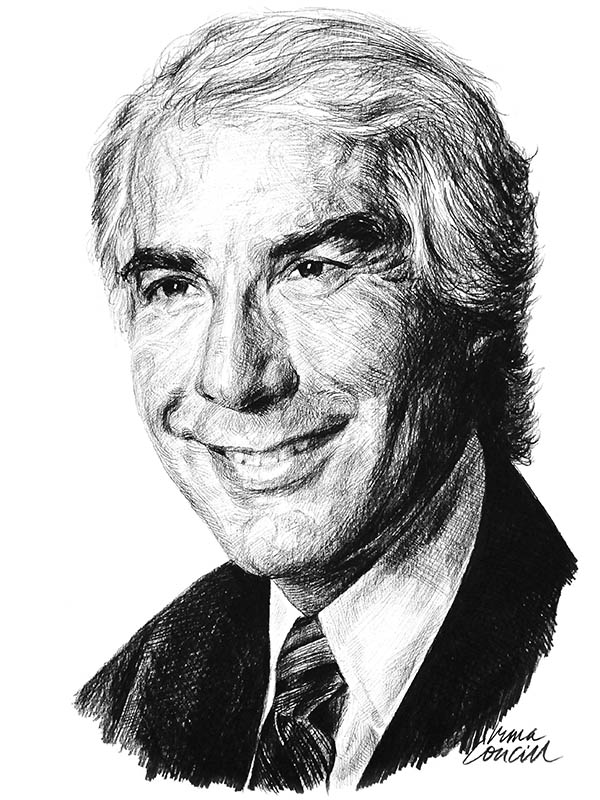Hockey Hall of Fame is open daily 10:00am – 5:00pm. Plan your visit today!

Ed Snider was the driving force that brought NHL hockey to Philadelphia.

Ed Snider was the driving force that brought NHL hockey to Philadelphia. He built his team into a contender and was a proactive leader on the league's board of governors. His commitments to amateur hockey and charity have been matched by few other NHL owners.
A native of Washington, D.C., Snider first came to the City of Brotherly Love in 1964 as vice-president of the NFL's Philadelphia Eagles. Soon thereafter he decided to pursue a big league hockey team for the city and was successful in the NHL's first major expansion of 1967 when the Philadelphia Flyers were born.
Since the Flyers' inception, Snider made them into one of the flagship franchises in the league. In 1974 they won their first of two consecutive Stanley Cups and earned the distinction of being the first of the expansion clubs to claim hockey's ultimate prize. The Flyers later reached the finals again in 1976, 1980, 1985, 1987 and 1997. In its first 20 seasons, the club compiled a .601 winning percentage, second only to the Montreal Canadiens during that time.
Snider became one of the most active owners in the league, serving on the NHL Advisory Committee and board of governors. His efforts extended beyond professional hockey such as when he founded Hockey Central in 1976. The concept provided for an office to be established and staffed full time by the Flyers and whose only purpose would be to promote, stimulate and develop interest in youth hockey in the Delaware Valley. Almost overnight, the media began to cover amateur hockey to the extent they followed other major sports. By the 1990s the Hockey Central membership had expanded to nearly 1,000 teams.
Snider's business acumen led to the creation of the Prism cable television network, one of the largest pay-TV operations in the Unites States as well as numerous other business ventures such as Spectacor. His involvement in the community included being on the board of directors for the Philadelphia Association of Retarded Children and a member of the Benjamin Franklin Associates of the University of Pennsylvania. In 1980, he was presented the Lester Patrick trophy for his contribution to hockey in the United States and, five years later, he was elected to the Pennsylvania Sports Hall of Fame. He made the Hockey Hall of Fame's honour roll in 1988.